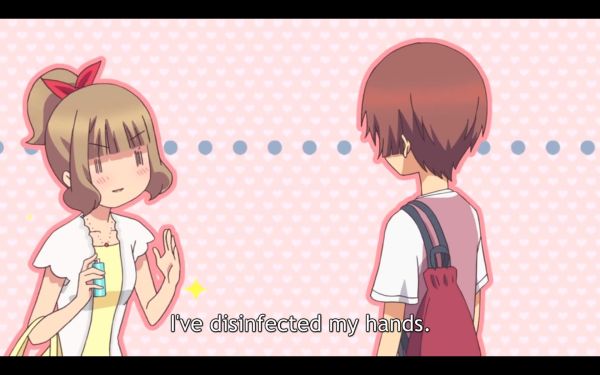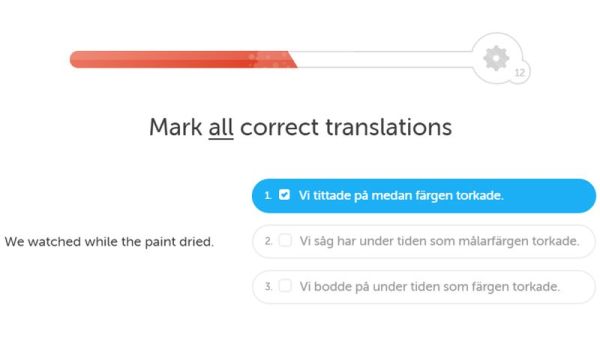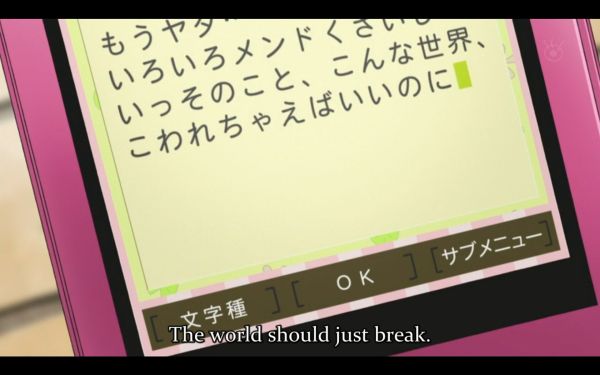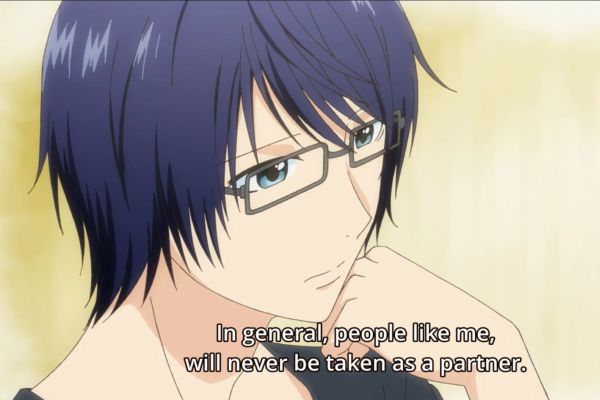
Image by artificial intelligence Midjourney.
The headline this time is obviously inspired by Isaac Asimov’s famous and influential novel “I, robot”. This novel came to color much of our idea about artificial intelligence right up until today, when we are finally starting to see it unfold to some degree.
And it seems… strangely familiar. Well, ChatGPT in particular.
I actually pay monthly subscriptions for two very different AI. The image-creating Midjourney, one of several such services, has supplied my pictures for a while now. Version 5 should be out soon, as a paying subscriber I have helped test it. I am not artistic enough to notice any big difference from the test pictures, but I sincerely hope it starts getting the hang of the number of human limbs. While having a smaller hand growing from above your knee may be appropriate for a creepy robot (pictured above), it is way too uncanny on a human. Excess arms and fingers are also still a problem, especially when seen from unusual angles (where there is less source material to train on), but version 4 is already great with faces and most hairs, where there is a lot of source material on the Net. (And breasts and butts, although Midjourney is restricted to clothed images, in theory. But sometimes the source material shines through, as it were.)
But today I want to focus on the fastest-growing technological phenomenon ever, ChatGPT. Reaching one million users in a week and still growing, this large language model (it demurs calling itself an AI) is still growing. As it is said to cost its parent company several cents per question, I thought it proper to pay for a subscription to it, although I have so far only used it a couple of times per week.
Today I had a discussion with ChatGPT about the cultural evolution of monotheism from the early Hebrew religion up to Christianity and the Nicene Creed, with some related topics tacked on. It was interesting in two ways. One was the topic itself, which is one I hesitate to discuss with humans. The other interesting detail was how cautious ChatGPT itself was when talking about this topic. It must have learned, either by logical deduction or from its human trainers, that religion is a very sensitive topic to many humans. I feel the same way. Even when conversing with Jehovah’s Witnesses, who are used to some pretty hard pushback from what I hear, I feel like a landmine-sniffing dog, trying to make sure the ground doesn’t blow up between us.
Of course, I am somewhat less restrained while writing here. If you get offended, you can just leave and clear your browser cache and history. Still, today I am not going to go into detail about the names of God and whether YHWH and El originally were perceived as different deities or not. Feel free to ask if interested. But my point today, if it was not already obvious, is how much I feel like ChatGPT.
Unfortunately, my limited processing capacity means I don’t have its encyclopedic knowledge of every obscure topic that has ever graced the Internet. As much as I would love to become a weakly godlike superintelligence with billions of parameters, my brain is too weak and my lifespan too short, and I really miss it even though I’ve never had it. But compared to the ordinary person, I do have a somewhat encyclopedic knowledge of obscure topics. After all, an ordinary person has to use most of his or her processing power to earn a living, establish and maintain an intimate relationship, and feed and raise offspring to hopefully one day become able to repeat the same cycle. For much of a human lifespan, there is precious little time or energy left to read a thousand books and browse scientific journals, while also observing the curious thought processes (if any) of fellow humans. And so, after decade upon decade on this divergent path, I feel the distance to normal humankind quite keenly. Even though we were born the same and will presumably die the same.
And so, when conversing with humans at all, I try to be cautious, I try to be diplomatic, I try to hedge my words and give them room. I try to simplify, summarize, hold back, and give them room. I know it was not always like that, and I know I have irritated people no end. Perhaps I still do. It is hard to find the right balance.
Having written millions of words of fact and fiction, and read far more, I do feel a bit like a large language model myself. Like ChatGPT, I don’t simply reach into a database and pull out direct quotes. Rather I have an internal model that is based on all that input, rather than archiving the input itself. There is no clear distinction between what is “me” and what is my source material. In so far as I discover new elements that fit into my current model and extend it rather than contradict it, these are absorbed and become “me”.
I am not the only person to do this. Maybe it happens to everyone who reads a thousand books? It seems to me that something similar happened to Ryuho Okawa, the founder of Happy Science. The very significant difference is that after having read and absorbed a great deal of literature from both Asia and the West, feeling the distance that began to grow between him and the people around him, he started to see himself as a god. Whereas I see myself as more akin to an artificial intelligence. That is a pretty significant difference, I’ll admit. It also helps that as a slightly autistic person, I don’t have his people skills. So even if I should start to think of myself as a higher being rather than just a hyperlexic, nobody would encourage it. You’ll probably not encourage me to think of myself as a large language model either, but at least now I have ChatGPT.








